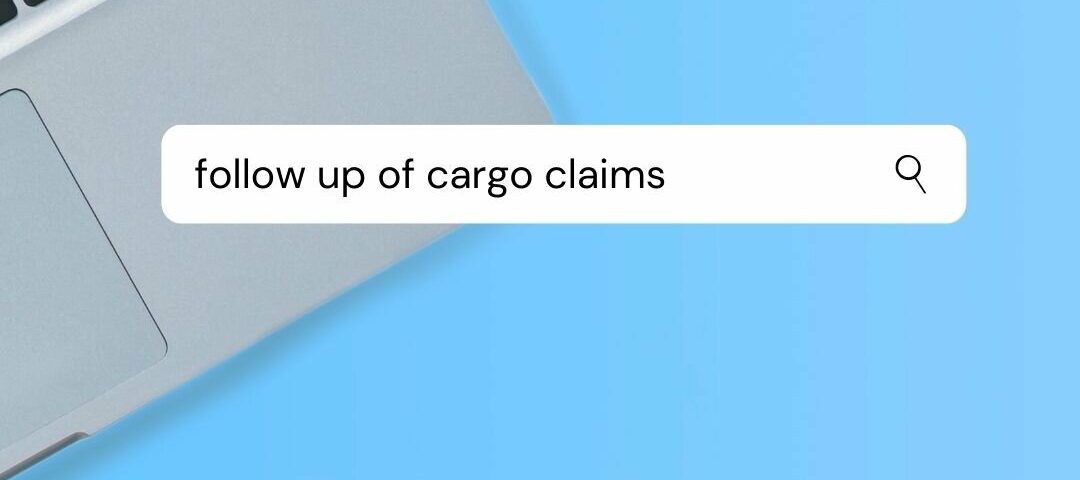The money is in the follow-up

Do not renew your marine insurance policy before your read this
October 13, 2020
Two things cargo insurers do WRONG today
November 12, 2020You must have an unreasonable attitude with follow up.
Most people don’t quite get what I mean when I apply it to cargo claims. The reason I follow up is so I can come out of doubt.
When I worked for the carriers, I saw thousands of GOOD, genuine claims die due to lack of the proper follow up from the cargo receivers, freight forwarders, marine insurers, recovery agents and even lawyers.
Numbers that almost 90% of all claims are pushed into time bar by the liable parties represent the cost of not taking action to follow up on the progress of your cargo claims.
HERE ARE 3 SPECIFIC WAYS TO IMPROVE YOUR FOLLOW-UP TODAY
#1 Claim Handler SKILLS
You have to love carrier’s claim handler —not hate them. If you hate on a claim handler, you’ll always be on the outside. You need to think like they think. They were given a task to reject your claim.You want to treat the gatekeeper like a million bucks. Most people treat the claim handler like they don’t exist, but the more the claim handler likes you the better off you’ll be. They have the keys to the deal. Tell them you appreciate them—pour it on. They have the keys to solution!
#2 PHONE CALLS
This is one of my most preferred ways to follow up. I go through all the same doubts that you do—am I being too persistent, will they answer, will they tell me not to call anymore, or will they deny me? I go through all that—but at least I know I’m talking to someone. Choose phone over email follow up. Remember to always have a specific reason for calling. Do not just tell: I want to ask about my claims….
#3 Keep it tight
People don’t have all day.
If you follow up on email, voice message or phone do not elaborate novels since the Adam and Eve. Make the point. Every point you make has to bring you closer to settlement.
It is vital that you continue to stay in touch with liable for your cargo damage parties and show interest in them throughout the year, not just when you first hear about your cargo damage. If you do this persistently, it will sprout green in the future.
Just trust the process.



